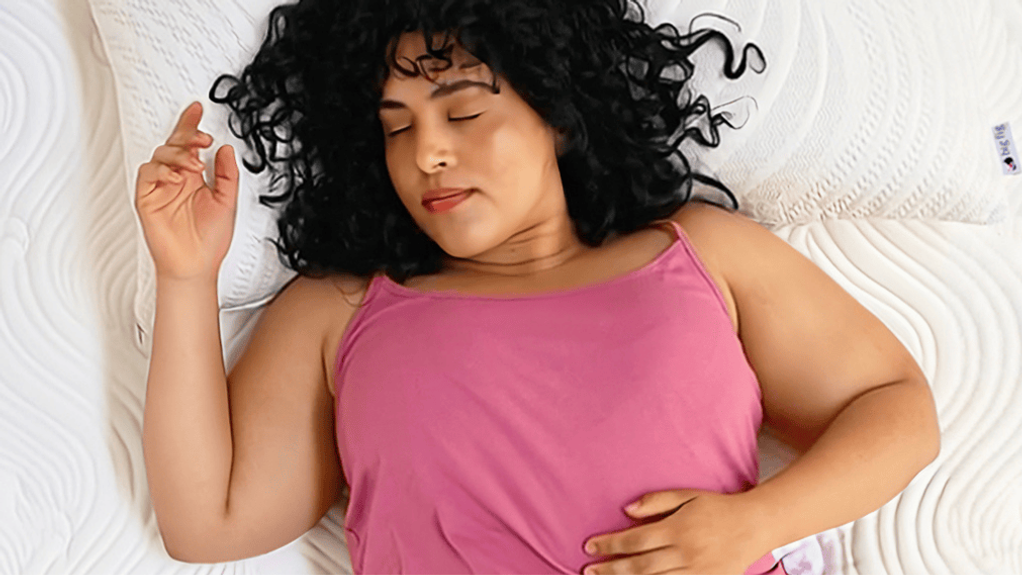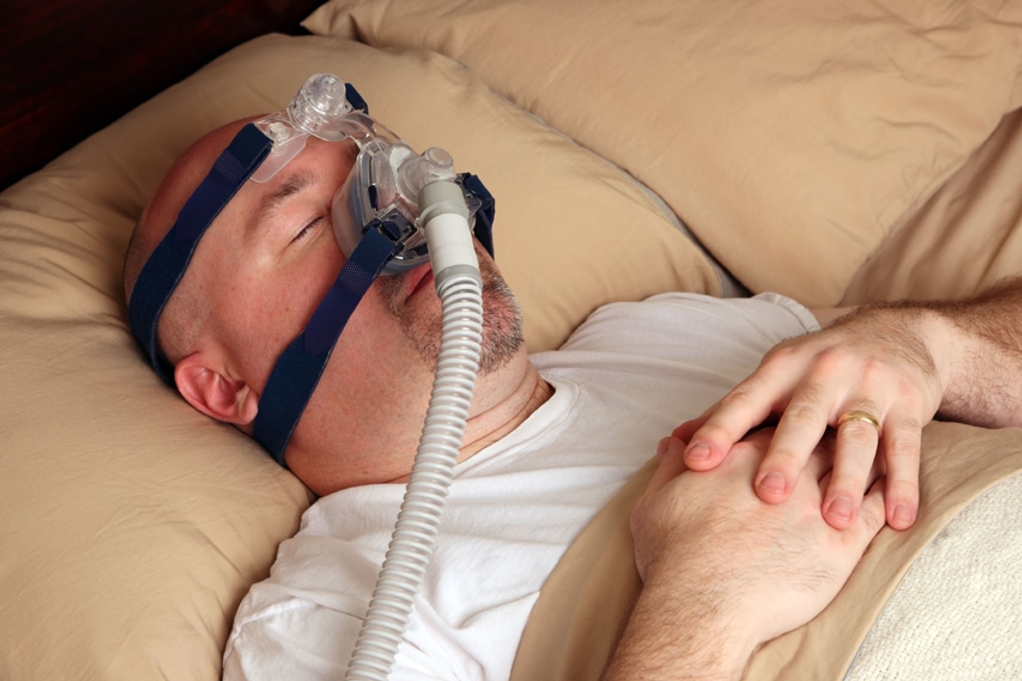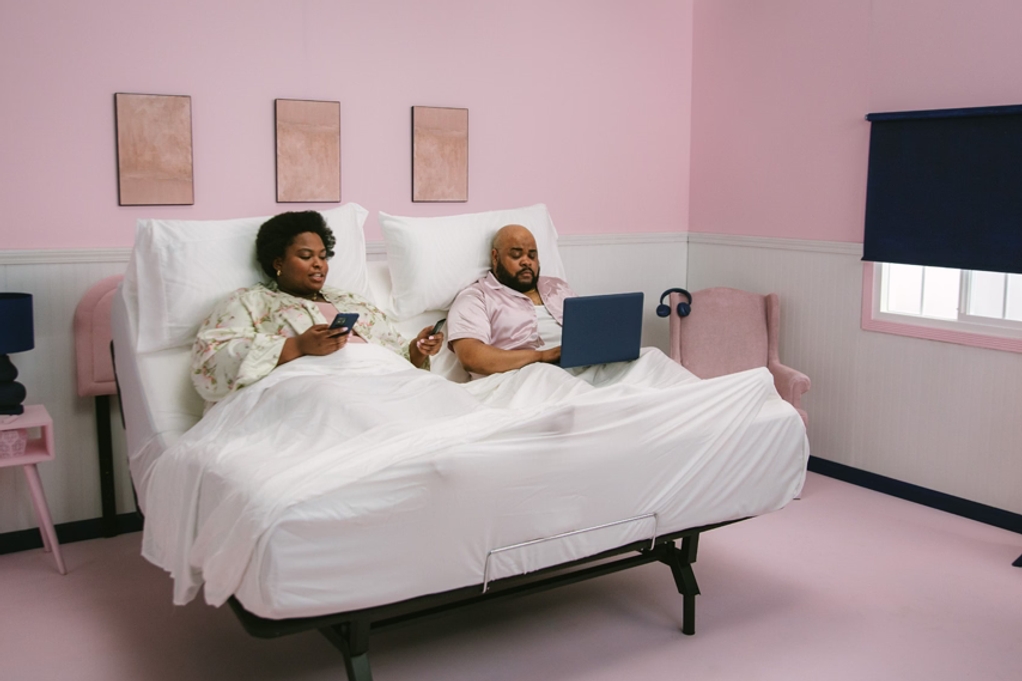Whether you’re up with the sun or perpetually pushing the snooze button, you may have wondered at one point or another how much sleep you actually need (hint: you’re probably not getting enough!). Recent market research revealed that more than half of Americans (an astonishing 57%) believe they need more sleep. The driving force behind this increasingly growing percentage is stress. According to the American Psychological Association, those who sleep less are more stressed, and those who are more stressed sleep less — talk about a double-edged sword!
Even if stress is not an issue for you, your job, family, or kickin’ social life could prevent you from getting enough shuteye. Let’s explore the importance of sleep, how much you should get, and ways to prioritize it.
Why is Sleep Important?
The exact amount of sleep you need each day may be somewhat debatable. Still, nobody can argue that ample (and quality) shut-eye is absolutely vital for mental and physical health. It helps improve brain performance, mood, and health because your body repairs your cells, tissues, and muscles while you’re snoozing. The Office of Disease Prevention and Health Promotion also highlights these additional benefits of good sleep.
- Reduces stress
- Improves mood and relationships
- You’re less apt to get sick as often
- Increases your ability to make good decisions, which prevents injuries and accidents
- Increased ability to focus at work and school
- Decreased risk for serious health problems like heart disease, diabetes, stroke, and dementia
What is Core Sleep?
Core sleep is the essential phase of sleep because during this sleep phase, the body and brain undergo crucial processes such as memory consolidation, hormone regulation, and tissue repair. It occurs during stages three and four, which are non-REM (rapid eye movement) phases. You get core sleep during the first three sleep cycles, making the remainder of night sleep what experts consider optional sleep. Core sleep typically lasts between four and six hours.
How Much Sleep is Necessary?
The amount of sleep you need depends upon your age.
Sleep Needs by Age
- Newborn (0-3 Months)
14-17 hours
- Infant (4-12 Months)
12-16 hours, including naps
- Toddler (1-2 Years)
11-14 hours, including naps
- Preschool (3-5 Years)
10-13 hours, including naps
- Middle School Age (6-12 Years)
9-12 hours
- Teen (13-17 Years)
8-10 hours
- Adult (18-60 Years)
7 hours or more
- Adult 61-64 Years)
7-9 hours
- Adult 65-plus Years
7-8 hours
How Much Deep Sleep Do I Need?
Not to be confused with REM sleep, Deep sleep is the third non-rapid eye movement sleep stage. You can enter this phase as soon as half an hour to 45 minutes after entering a peaceful slumber. Your muscles relax, breathing slows, your heartbeat regulates, and you probably won’t hear any external noises. It’s an essential phase because the body restores itself by building new muscle tissue, healing wounds, and replacing cells. There’s no dreaming during this stage, which should last one to two hours or a quarter of your total sleep time.
How Long Can You Go Without Sleep?
You may have had to pull an all-nighter because of school or work projects, an ambitious travel schedule, or a special occasion like a wedding. While you won’t experience any long-term issues, expect to be irritable in the short term, have diminished energy and attention span, and experience impaired eye-hand coordination. You might even slur your speech a bit, but we’re not ones to judge!
Most people can’t stay up for 72 hours or more on their own, which is why extreme sleep deprivation has been used as a form of torture all over the world for hundreds of years! There’s no need to try to beat the record in the Guinness Book of World Records, folks, so get that shuteye! If you’re wondering, you’d have to stay up for over 11 hours and 25 minutes.
Make Your Sleep a Priority
If you get anxious hearing the words “lights out,” here are a few helpful ways to make it easier to prioritize sleepy time!
- Get yourself a Big Fig Mattress (duh!) that comfortably supports your fabulous, full-figured body and prevents annoying night sweats, thanks to THERMOGEL COOLING ® technology. When it comes to good sleep, it’s all about a quality mattress.
- Invest in bedding essentials like our Big Fig Adjustable Pillows, Premium Cooling Sheets and Pillowcases, and Adjustable Body Pillows to create the ultimate sleeping experience guaranteed to rival any Five-Star hotel — except for the room service that is.
- A cluttered room leads to a cluttered mine, so clean up your junk and keep those nightstands clear for your water bottle and other nighttime essentials.
- Ditch the electronics at least 30 minutes before bed. Numerous sleep studies confirm that the blue light released from your phone, computer, or tablet makes it harder to reach dream town because it suppresses melatonin production and keeps your brain active.
- Establish a nightly ritual to help get you into sleep mode. Make it something easy that you won’t give up on, like making a cup of herbal tea (no caffeine or stimulants like alcohol or cigarettes before bed!), reading a book, taking a hot shower, light stretching, or meditating. Before turning off the lights, make sure your room is set to the perfect sleeping temperature.
Let us help you achieve your sleep goals with a Big Fig Mattress! If you really want to be a sleeping superstar, check out these sleep and mental health tips from an actual doctor!




